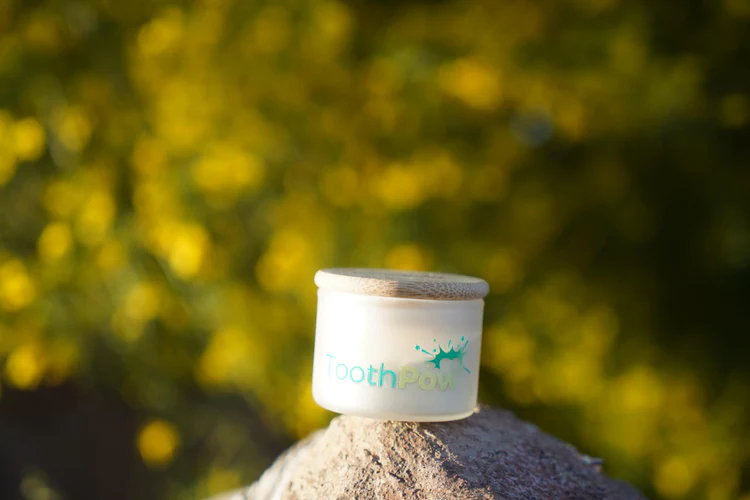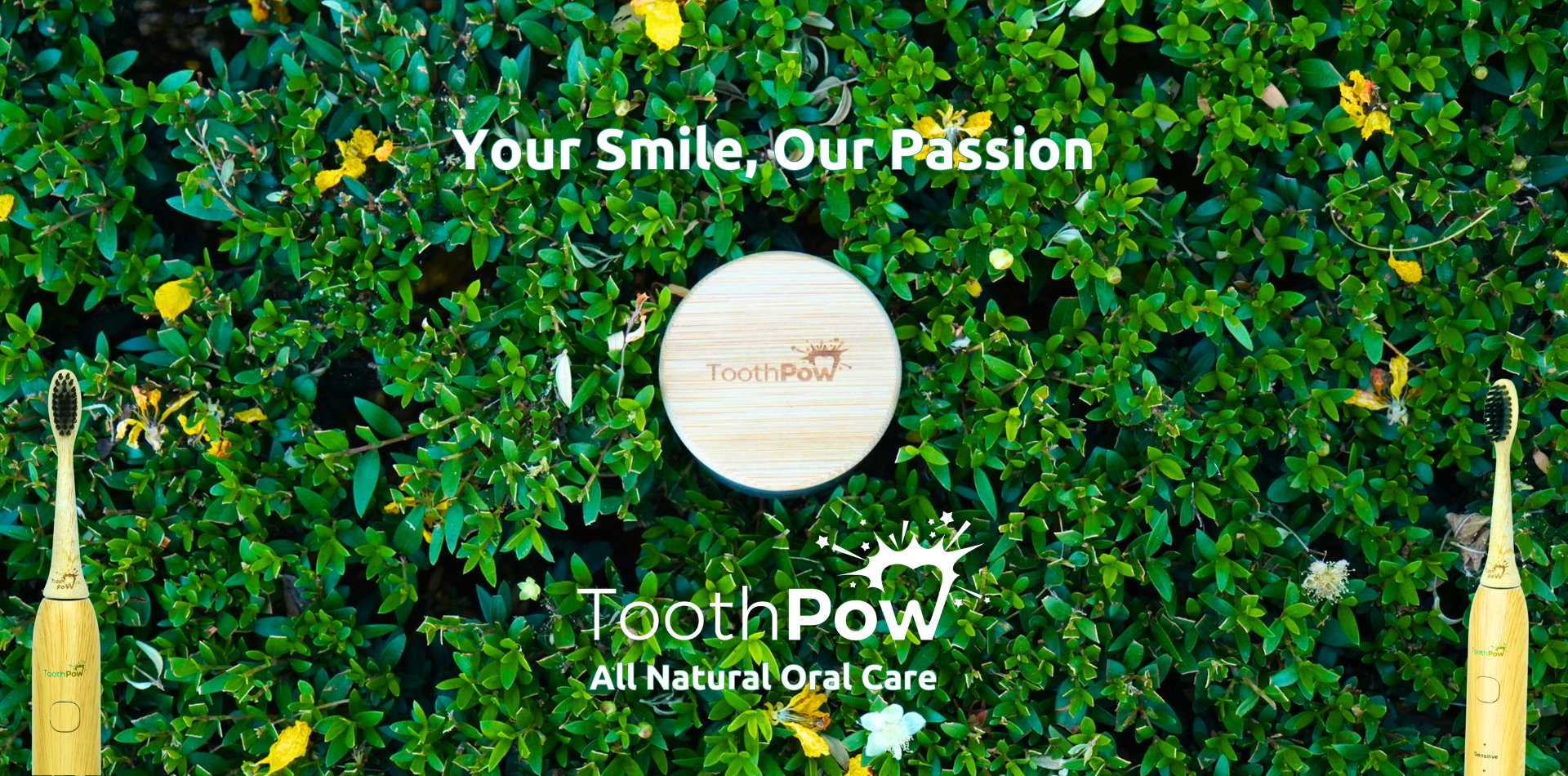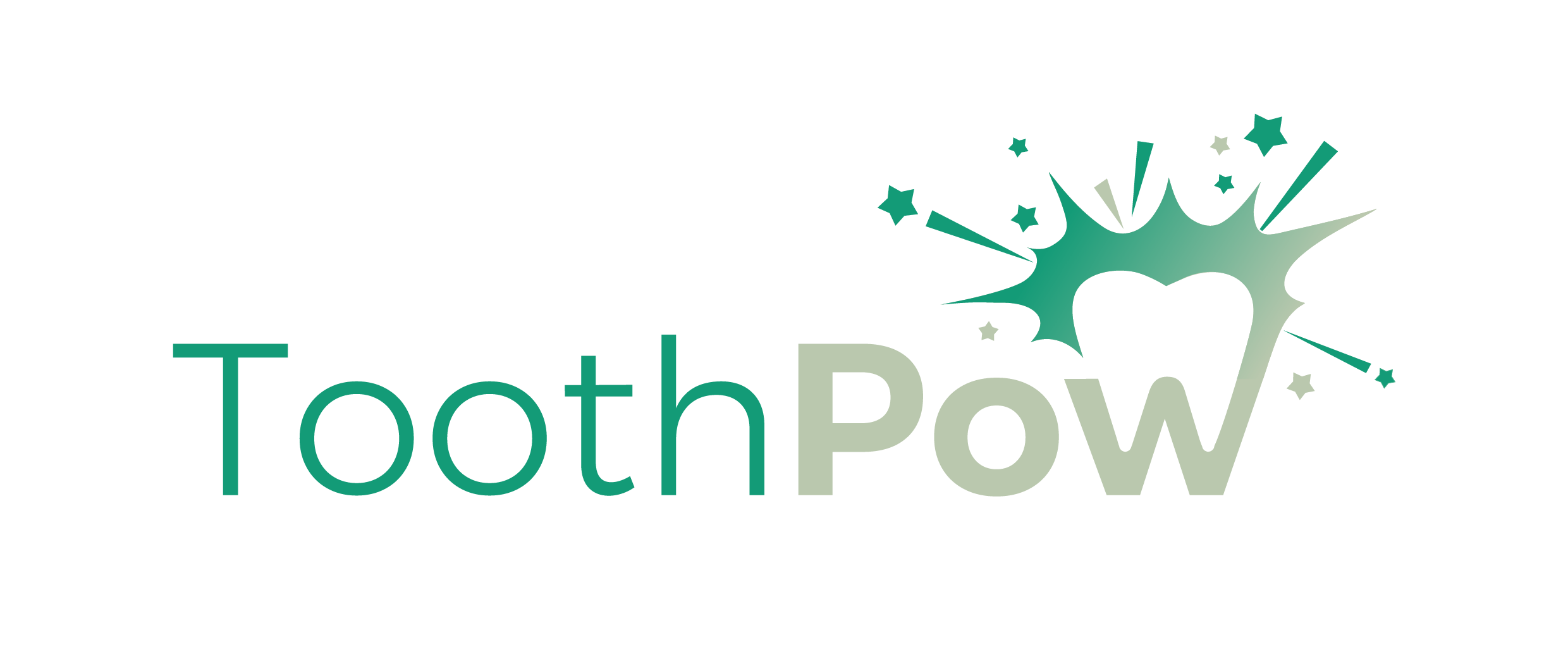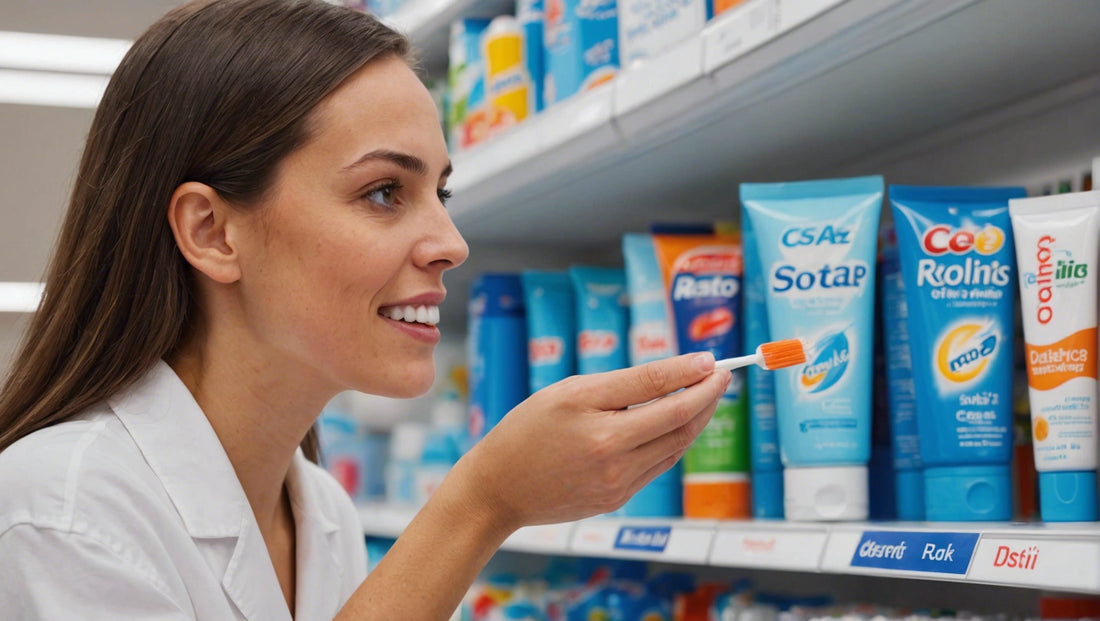Understanding Hydroxyapatite and Its Benefits
Introduction
Hydroxyapatite toothpaste is gaining popularity as a safe and effective alternative to fluoride toothpaste. Unlike fluoride, which has potential side effects when consumed in excess, hydroxyapatite is generally considered safe with minimal risk of adverse effects. In this article, we will uncover the truth behind hydroxyapatite toothpaste and its potential side effects to help you make informed decisions about your oral health.
What is Hydroxyapatite?
Hydroxyapatite (HA) is a naturally occurring mineral that is the primary inorganic component of human teeth and bones. It is a crystalline structure composed of calcium and phosphate ions, making it a vital component of the hard tissues in our bodies. In the context of teeth, hydroxyapatite is a key component of tooth enamel, which is the outermost layer of the tooth surface. Enamel is the hardest substance in the human body, protecting the underlying dentin and pulp of the tooth.
Hydroxyapatite is also used in various dental and medical applications, including dental implants, bone grafts, and as a biomaterial in orthopedic surgery. In hydroxyapatite toothpaste, it has restorative properties that contribute significantly to the remineralization process, aiding in the repair of microscopic enamel imperfections.
What is Hydroxyapatite Toothpaste?
Hydroxyapatite toothpaste is an innovative oral care product that harnesses the power of hydroxyapatite, a naturally occurring mineral found in your tooth enamel surface. These toothpastes work by depositing calcium and phosphate ions back into your tooth surface. Research has shown that this can make your teeth stronger and help fill in minerals, which is good for your dental health. It offers a fluoride-free alternative for maintaining your optimal oral health, making it suitable for individuals with fluoride sensitivities.
Additionally, hydroxyapatite toothpaste tablets are just as effective as traditional toothpaste but offer the added benefits of being better for the environment and more convenient for travel due to their compact and mess-free nature.
How Does Hydroxyapatite Toothpaste Work?
Hydroxyapatite toothpaste works through its ability to stimulate a process called remineralization. Essentially, hydroxyapatite particles restore and strengthen our tooth enamel by depositing calcium and phosphate ions. When our enamel is exposed to acids produced by the bacteria that naturally live in our mouths or dietary acids/sugars, it can become demineralized. This leads to weakened enamel, tooth sensitivity, and tooth decay. If left untreated, that tooth decay can progress into full-blown dental caries. Since hydroxyapatite is a biomimetic compound and closely mimics the natural mineral composition of our teeth, it is easily able to remineralize enamel and protect us from various dental issues. Studies also show that hydroxyapatite toothpaste can prevent plaque buildup, which can otherwise lead to tartar development and cavities (study link).
Stay tuned for Part 2, where we delve deeper into the specific benefits of hydroxyapatite toothpaste and what makes it an excellent choice for your oral care routine.

Part 2: In-Depth Benefits of Hydroxyapatite Toothpaste
Promotes Enamel Remineralization
Hydroxyapatite toothpaste is scientifically proven to promote dental enamel remineralization, effectively repairing and strengthening your tooth enamel. A study published in the Journal of Clinical and Diagnostic Research found that hydroxyapatite toothpaste can reverse early enamel erosion and fight tooth decay by replenishing essential minerals, such as calcium and phosphate (study link).
Soothes Hypersensitivity
Tooth sensitivity can be a significant concern for many individuals. Hydroxyapatite toothpaste addresses this issue by creating a protective layer over the exposed dentin, reducing the transmission of external stimuli to the nerve endings and lessening the pain associated with tooth sensitivity. This property makes it an excellent choice for those suffering from dentin hypersensitivity.
Prevents Tooth Decay
Research indicates that hydroxyapatite helps prevent tooth decay by inhibiting plaque-causing bacteria and remineralizing initial caries lesions. Compared to fluoride toothpastes, hydroxyapatite toothpaste offers a natural alternative for preventing tooth decay without the potential side effects associated with fluoride (study link).
Fights Plaque-Causing Bacteria
Hydroxyapatite toothpaste acts as a natural defense against plaque-causing bacteria, helping to prevent the formation of oral biofilm. Unlike fluoride, hydroxyapatite has unique antibacterial properties that selectively kill off certain strains of bacteria that disrupt your mouth's balance, thereby protecting your teeth and gums. Studies show that hydroxyapatite can significantly reduce plaque and biofilm formation (study link).
Natural Compatibility with Teeth
One of the most remarkable benefits of hydroxyapatite toothpaste is its natural compatibility with your teeth. The composition of hydroxyapatite closely resembles the minerals found in tooth enamel, making it an ideal choice for maintaining healthy enamel. It does not introduce foreign substances to your teeth, ensuring that it works harmoniously with your natural dental structures.
In Part 3, we will explore the safety profile of hydroxyapatite toothpaste, compare it to fluoride toothpaste, and discuss the different forms of hydroxyapatite available in the market.

Part 3: Safety and Comparative Analysis of Hydroxyapatite
Side Effects of Hydroxyapatite Toothpaste
Hydroxyapatite toothpaste is generally considered safe for most individuals, with minimal risk of side effects. Research consistently shows that there are no systemic or adverse effects reported for hydroxyapatite-containing toothpastes. One study found that hydroxyapatite nanoparticles possess no irritation potential, meaning they are gentle enough to use on the delicate tissues in your mouth (study link).
The lack of side effects and toxicity is why many people are turning to nano hydroxyapatite toothpaste as a safe, non-toxic alternative to fluoride toothpaste. While there may be isolated cases of individual allergic reactions or sensitivities to certain ingredients in toothpaste, the concern is exceedingly rare since hydroxyapatite is the material our teeth and bones are already made of.
Fluoride vs. Hydroxyapatite Toothpaste Side Effects
While both fluoride and hydroxyapatite toothpastes are effective at remineralizing and cleaning your teeth, there are notable differences in their potential side effects.
Dental Fluorosis: Dental fluorosis is a condition that affects the appearance of tooth enamel, typically occurring during early childhood from excessive fluoride consumption. Symptoms include white streaks or spots, brown discoloration, or pitting on the tooth surface. Mild fluorosis is often cosmetic, but severe cases can cause significant tooth damage (study link).
Skeletal Fluorosis: Skeletal fluorosis is a bone disorder caused by long-term exposure to high levels of fluoride. It leads to changes in bone density and structure, with symptoms including joint pain, stiffness, and skeletal deformities. While skeletal fluorosis is rare in areas with controlled fluoride levels, it remains a concern in regions where natural fluoride levels are high (study link).
Fluoride Toxicity: Fluoride toxicity occurs when individuals ingest large amounts of fluoride, leading to symptoms such as nausea, vomiting, abdominal pain, diarrhea, and in severe cases, convulsions and cardiac arrhythmias. This can happen through the ingestion of fluoride-containing products like toothpaste or mouthwash, especially by young children who may swallow these products instead of spitting them out (study link).
Neurological Issues for Children: Some studies have suggested that high fluoride levels may be associated with a lower IQ in children, although this research is subject to ongoing debate and requires further investigation (study link). This potential risk is one reason why many parents opt for fluoride-free toothpaste.
Hydroxyapatite toothpaste, on the other hand, demonstrates excellent safety and efficacy in promoting oral health without these potential side effects.
Types of Hydroxyapatite
Nano-Hydroxyapatite: Nano-hydroxyapatite (nHA) particles are smaller and more effective at integrating into the tooth structure and remineralizing enamel. The rod-shaped nano-hydroxyapatite, such as that from Fluidinova, is particularly safe and effective (study link). However, it's crucial to ensure nano-hydroxyapatite is sourced from reputable suppliers to avoid contamination and ensure safety.
Safety and Efficacy: Nano-hydroxyapatite is recognized for its high biocompatibility and effectiveness in remineralizing tooth enamel and reducing sensitivity.
Source Considerations: Always verify the source of nano-hydroxyapatite to ensure it meets safety and quality standards.
Bone-Derived Hydroxyapatite: Bone-derived hydroxyapatite is sourced from animal bones and offers benefits such as natural compatibility with human teeth and bones. It undergoes processing to ensure safety and efficacy, providing a natural option for those looking for an alternative to synthetic hydroxyapatite.
Natural Source: Derived from bovine bones, ensuring a natural composition similar to human bone and teeth.
Benefits: Offers excellent biocompatibility and supports the natural remineralization process of enamel.
Considerations: Ensure that the hydroxyapatite is sourced from certified, BSE-free, and pasture-fed cattle to avoid any health risks.
Conclusion
Hydroxyapatite toothpaste is a safe and effective option for maintaining oral health. It offers numerous benefits, including enamel remineralization, reduced sensitivity, and prevention of tooth decay, without the potential risks associated with fluoride. Whether you choose nano-hydroxyapatite or bone-derived hydroxyapatite, incorporating this toothpaste into your daily oral care routine can lead to healthier teeth and gums. Try ToothPow's hydroxyapatite toothpaste and consult with your dentist to ensure it’s the right choice for you.

Frequently Asked Questions
Is hydroxyapatite in toothpaste safe? Yes, hydroxyapatite in toothpaste is generally considered safe. It is a naturally occurring mineral that provides benefits such as strengthening tooth enamel and helping to prevent tooth decay. Studies suggest that hydroxyapatite is effective in remineralizing teeth and reducing sensitivity. Additionally, hydroxyapatite is biocompatible with the human body, making it a safe ingredient for oral care products (study link).
Do dentists recommend hydroxyapatite? Yes, many dentists recommend hydroxyapatite toothpaste as an effective option for maintaining optimal oral health. Hydroxyapatite offers benefits such as enamel remineralization, reduction of tooth sensitivity, and prevention of tooth decay, making it a valuable addition to dental hygiene routines. Moreover, it serves as a safe and effective alternative to fluoride, making it recommended by numerous dental professionals.
Did Europe ban hydroxyapatite? No, hydroxyapatite is not banned in the EU. As of March 2023, the EU Scientific Committee on Consumer Safety determined that "hydroxyapatite (nano) [is] safe when used at concentrations up to 10% in toothpaste, and up to 0.465% in mouthwash" (study link). This indicates that hydroxyapatite is considered safe for use in oral care products within specified limits by regulatory authorities in the European Union.
Is hydroxyapatite bad for your teeth? No, hydroxyapatite is not bad for your teeth. In fact, hydroxyapatite is a naturally occurring mineral that makes up a significant portion of your tooth enamel and bone. When used in toothpaste or other oral care products, hydroxyapatite can help to strengthen enamel, remineralize teeth, and protect against decay. It is considered safe and beneficial for maintaining your oral health (study link).
Can I use hydroxyapatite toothpaste every day? Yes, you can use hydroxyapatite toothpaste every day as part of your oral hygiene routine. Hydroxyapatite toothpaste is safe for daily use and can help to strengthen enamel, remineralize teeth, and maintain overall oral health. We recommend brushing your teeth with hydroxyapatite toothpaste at least twice a day, preferably after meals, for optimal results.
What are the differences between nano-hydroxyapatite and bone-derived hydroxyapatite? Nano-hydroxyapatite (nHA) and bone-derived hydroxyapatite both offer significant benefits for oral health, but they differ in their sources and properties:
Nano-Hydroxyapatite: Nano-hydroxyapatite particles are extremely small and have a high surface area, which allows them to integrate more effectively into the tooth structure. They are particularly effective at remineralizing enamel and reducing sensitivity. It's crucial to source nHA from reputable suppliers to ensure safety and avoid contamination.
Bone-Derived Hydroxyapatite: This type of hydroxyapatite is sourced from animal bones and is naturally compatible with human teeth and bones. It undergoes processing to ensure safety and efficacy. It offers excellent biocompatibility and supports the natural remineralization process of enamel. Ensure that the hydroxyapatite is sourced from certified, BSE-free, and pasture-fed cattle to avoid any health risks.

